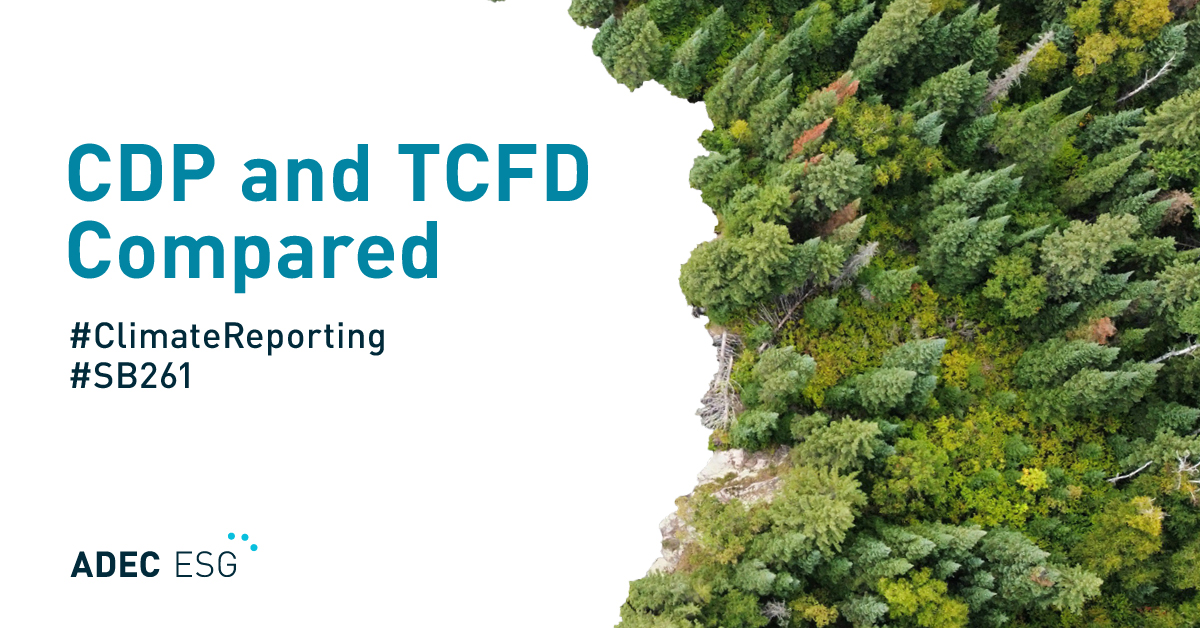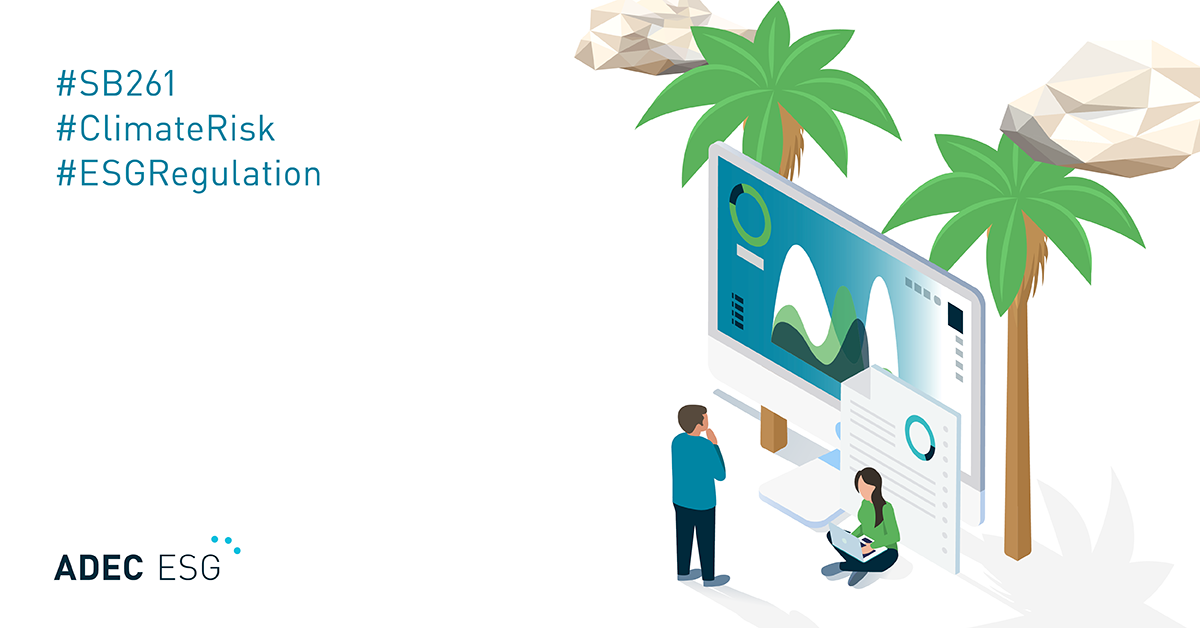For the past several years, CDP has been working to align its questionnaire with other internationally recognized frameworks such as the TCFD and TNFD recommendations, IFRS S2, GRI, and ESRS E1. This is being accomplished through changes to its methodology and questionnaire, as well as through active working partnerships with the organizations behind these frameworks.
CDP’s integrated questionnaire structure
In previous years, CDP’s questionnaires were split into three themes: Climate Change, Water Security, and Forests. Companies answered questionnaires separately and received separate scores for each questionnaire.
This year, CDP is trying something different—the platform is moving to an integrated questionnaire structure. Questions from all three themes are integrated into a single questionnaire, which has been divided instead into thirteen modules. This is a part of CDP’s efforts to shift towards more holistic environmental management, viewing environmental performance as a complete whole with inter-related topics rather than disparate silos.
This move to a single questionnaire model means that the entire response will need to be designated public or non-public, with the exception of questions related to Supply Chain Member requests, which remain private.
The new questionnaire includes two main module types:
Integrated (cross-issue) modules
Questions in these modules span more than one environmental issue and include topics such as dependencies and impacts, value chain mapping, risk management, scenario analysis, climate transition plans, board and management competency, and more.
- Module 1 – Introduction
- Module 2 – Identification, Assessment and Management of Dependencies, Impacts, Risks, and Opportunities
- Module 3 – Disclosure of Dependencies, Risks, and Opportunities
- Module 4 – Governance
- Module 5 – Business Strategy
- Module 6 – Environmental Performance – Consolidation Approach
- Module 12 – Environmental Performance – Financial Services [Sector-specific module]
- Module 13 – Further Information and Sign-off
Environmental issue-specific modules
These modules include questions related to specific areas of environmental performance.
- Module 7 – Environmental Performance – Climate Change
- Module 8 – Environmental Performance – Forests*
- Module 9 – Environmental Performance – Water Security*
- Module 10 – Environmental Performance – Biodiversity**
- Module 11 – Environmental Performance – Plastics**
*Forests and Water Security questions will only appear for those who have opted in or been requested to report on these themes. Companies that meet certain thresholds will be requested to respond—watch our webinar, CDP 2024: Deep Dive into the New Integrated Questionnaire for full details.
**Biodiversity and Plastics questions remain unscored in 2024.
Supply chain questions are no longer included in a separate module and are instead included throughout the questionnaire.
New dedicated SME questionnaire
In 2024, CDP will be retiring its Minimum Questionnaire, which had been originally designed as a “toned down” version of the full questionnaire for smaller businesses, and replacing it with a questionnaire truly dedicated to small-medium enterprises (SMEs).
This has been implemented to support SMEs and encourage disclosure, as SMEs account for 50% of GHG emissions and 90% of the GDP in many countries.
The questionnaire asks questions that are more specifically tailored to SMEs and focused on climate issues.
The SME questionnaire is available to enterprises that satisfy both of the following criteria:
- Fewer than 1,000 full-time employees, and
- Less than $250 million in annual revenue
CDP Scoring in 2024
Despite a unified questionnaire, companies will still receive separate scores for Climate Change, Water Security, and Forests. In addition, companies responding to Forests questions will receive a single Forests score which incorporates general and commodity scores, rather than individual commodity scores as they have previously. As mentioned, Biodiversity and Plastics questions remain unscored in 2024.
In addition to the usual points thresholds, there are also additional criteria to meet Awareness, Management, and Leadership levels, including the A List. These criteria include:
- Awareness: board-level oversight, competence, risk assessment processes, etc.
- Leadership: climate-related monetary incentivization, climate impacts of engagement activities, climate transition plans, public response, etc.
- A List: near-term emissions targets, net-zero targets, portfolio targets, etc.
Penalties
If a company is presented with Water or Forests questions and chooses not to respond to them, CDP is still debating whether or not this would result in an F score for Water or Forests.
There are also large points penalties for leaving cells blank. Be sure to answer all questions, even if your company does not participate in an activity, has not made progress on a goal, or has other reasons for leaving a blank space. In the same vein, CDP has also given explicit instructions not to input “0” unless the response is truly zero.
For a more in-depth look at CDP’s integrated questionnaire, 2024 scoring changes, and new and modified questions, watch our webinar on-demand, CDP 2024: Deep Dive into the New Integrated Questionnaire.
ADEC ESG is an accredited CDP Silver Climate Change and Science-Based Targets solutions provider in North America with more than ten years of experience working with CDP. Last year, our team helped more than 90% of clients achieve a Management score or higher. To learn more about how we can help you improve your ESG performance, contact our team today.




